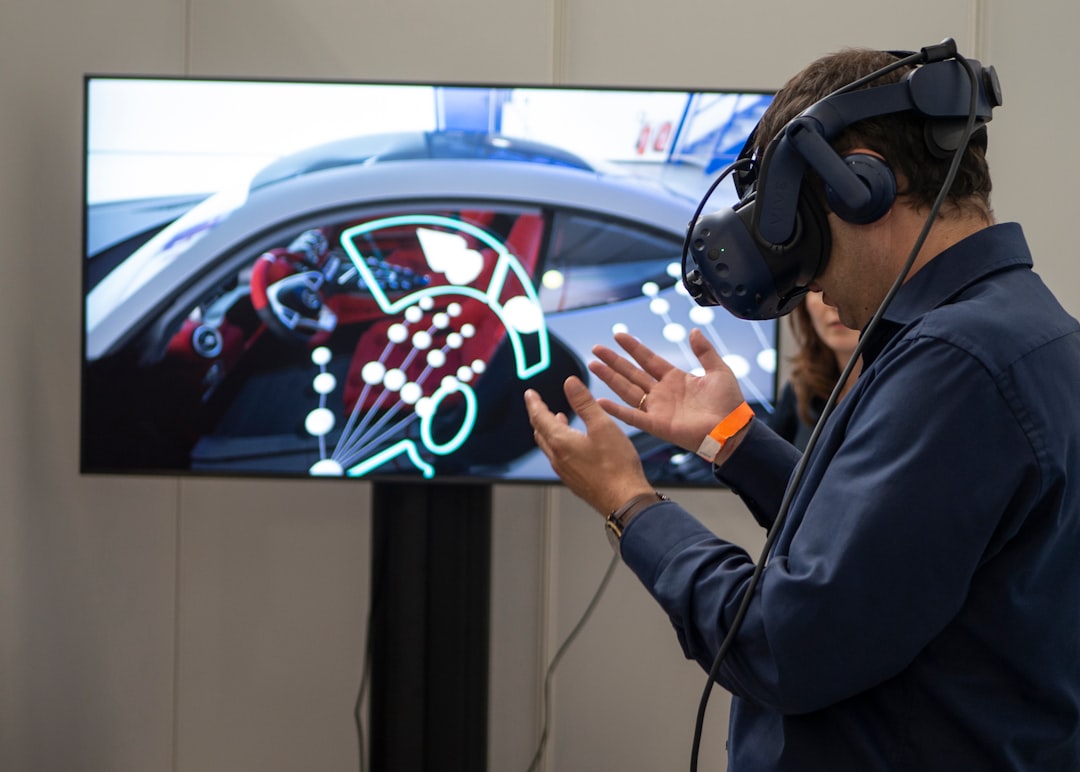Unlocking Fan Engagement: Adapting to the Evolving Needs of Sports Audiences
In today’s rapidly evolving sports landscape, fan engagement is one of the keys to unlocking growth and opportunity. The Deloitte 2025 Sports Outlook paints a vivid picture of a future where sports organisations must adapt to ever-changing fan expectations to thrive. As streaming platforms become the new arenas and data-driven strategies redefine the game, the future of sport promises to continue to develop at an ever increasing pace for those ready to embrace change. Sports industry trends indicate that immersive experiences and innovative monetisation strategies are not just optional; they’re essential
Future of Sport: Understanding the Landscape
The sports industry is undergoing a profound transformation, driven by technological advancements and changing consumer preferences. Understanding this evolving landscape is crucial for sports organisations to thrive in the coming years.
Evolving Fan Engagement Needs
Fan engagement has become a critical factor in the success of sports organisations. Today’s fans demand more than just passive viewing experiences; they seek interactive, personalised, and immersive encounters with their favourite teams and athletes.
The Future of Sports: Winning Through Fan Experience highlights the importance of adapting to these changing needs. Sports organisations must focus on creating multi-dimensional experiences that cater to diverse fan preferences.
A key trend developing is the rise of second-screen experiences, where fans engage with supplementary content on mobile devices while watching live events. This presents opportunities for real-time stats, interactive polls, and social media integration.
Insights from Deloitte 2025 Sports Outlook
The Deloitte 2025 Sports Outlook provides valuable insights into the future of the sports industry. It identifies several key trends that will shape the landscape in the coming years.
One significant trend is the increasing importance of data analytics in decision-making. Sports organisations are leveraging big data to optimise performance, enhance fan experiences, and drive revenue growth.
Another crucial insight is the growing emphasis on sustainability and social responsibility. Fans, especially younger generations, expect sports organisations to take a stand on important social issues and implement environmentally friendly practices.
The outlook also highlights the potential of emerging technologies like augmented reality (AR) and virtual reality (VR) to revolutionise fan experiences, both in-stadium and at home.

Adapting Sports Organisations for Growth
To capitalise on the evolving sports landscape, organisations must adapt their strategies and structures. This involves rethinking talent management approaches and leveraging data-driven monetisation opportunities.
Strategies for Talent Management
Effective talent management is crucial for sports organisations to stay competitive in a rapidly changing industry. Filling the Gaps: Strategic Answers to Deloitte’s 2025 Sports Industry Outlook emphasises the need for a diverse and skilled workforce.
Sports organisations should focus on attracting and retaining talent with digital skills, such as data analytics, social media management, and content creation. This may involve partnering with educational institutions to develop specialised training programs.
Leadership development is another critical aspect of a sustainable talent management strategy. Organisations should invest in nurturing future leaders who can navigate the complex challenges of the modern sports industry.
Creating a culture of innovation and continuous learning is essential. Encouraging employees to experiment with new ideas and technologies can lead to breakthrough innovations in fan engagement and revenue generation.

Leveraging Data-Driven Sports Monetisation
Data-driven monetisation strategies are becoming increasingly important in the sports industry. New Report Details Increased Opportunities, Growing Investments in Sports highlights the potential for revenue growth through innovative approaches.
One key strategy is personalised marketing. By analysing fan data, organisations can tailor their offerings and communications to individual preferences, increasing engagement and conversion rates.
Dynamic pricing models, based on real-time demand and other factors, can optimise ticket sales and maximise revenue. This approach requires sophisticated data analytics capabilities and flexible ticketing systems.
Monetising fan data through partnerships with brands and advertisers is another growing trend. However, organisations must carefully balance revenue opportunities with fan privacy concerns and regulatory compliance.
Embracing New Sports Industry Trends
The sports industry is witnessing the emergence of transformative trends that are reshaping how fans consume and interact with sports content. Embracing these trends is crucial for long-term success.
The Rise of Sports Streaming Platforms
The proliferation of sports streaming platforms is revolutionising content distribution and consumption. Deloitte’s Sports Investment Outlook highlights the growing importance of digital platforms in the sports media landscape.
Traditional broadcasters are facing increasing competition from tech giants and specialised sports streaming services. This shift is driving innovation in content delivery and fan engagement features.
Sports organisations are exploring direct-to-consumer (D2C) streaming options to maintain control over their content and build direct relationships with fans. This approach requires significant investment in technology infrastructure and content production capabilities.
The establishment of streaming platforms is also enabling the growth of niche sports and leagues that may not have received mainstream coverage in the past. This democratisation of sports content presents both opportunities and challenges for established organisations.

Enhancing Experiences with Immersive Technology
Immersive technologies are transforming the way fans experience sports, both in-venue and at home. The Future of Sports: Winning Through Fan Experience emphasises the potential of these technologies to create unforgettable fan experiences.
Augmented reality (AR) applications can enhance in-stadium experiences by overlaying real-time stats, player information, and interactive elements onto the live action. This technology can also improve the at-home viewing experience through second-screen applications.
Virtual reality (VR) offers the potential for fully immersive experiences, allowing fans to feel as if they’re in the stadium or even on the field. VR can also be used for training and simulation purposes by athletes and teams.
The integration of 5G technology is enabling smoother and more reliable delivery of immersive experiences. This opens up new possibilities for real-time, interactive fan engagement during live events.
Summary
The landscape of sports is rapidly changing, and at the heart of success lies the ability to understand and engage fans effectively. This article has highlighted the key trends shaping the future of the industry, from streaming platforms to immersive technologies, and the importance of adapting business strategies to meet evolving fan expectations.
Want to explore how focused business strategies can help you elevate fan engagement and achieve your goals in the sports industry? I’m currently available to connect with individuals and organisations to discuss your specific needs and explore how my expertise can contribute to your success. Visit my website to learn more and book a free call to discuss tailored strategies for understanding your fans and maximising engagement.